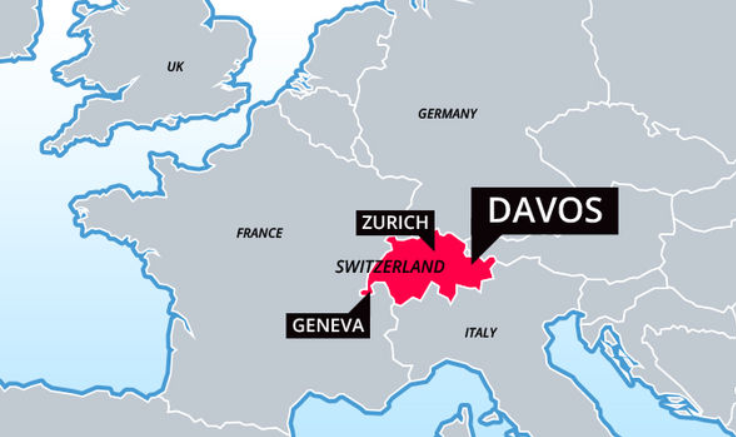Indian Economy
Survival of the Richest Report: The India Story
- 17 Jan 2023
- 5 min read
For Prelims: Oxfam International, World Economic Forum, Informal sector, National Health Policy, Windfall Tax.
For Mains: Inclusive Growth, Issues of Inequality and its Solution.
Why in News?
According to the Oxfam’s Report “Survival of the Richest: The India story”, the richest 1% in India now own more than 40% of the country’s total wealth, while the bottom half of the population together share just 3% of wealth between 2012 and 2021.
- Oxfam International released the India supplement of its annual inequality report on the first day of the World Economic Forum Annual Meeting at Davos.
- The report states that taxing India's ten-richest individuals at 5% could generate enough money to bring children back to school.
What are the Findings of the Report?
- Gender Inequality:
- The report also highlighted gender inequality in India, stating that female workers earned only 63 paise for every 1 rupee earned by male workers.
- The situation is even worse for Scheduled Castes and rural workers, as they earned 55% and half of what the advantaged social groups earned respectively, between 2018 and 2019.
- Social Inequality:
- Oxfam India stated that the country's marginalized communities such as Dalits, Adivasis, Muslims, Women, and informal sector workers are continuing to suffer in a system that prioritizes the survival of the richest.
- The poor in India are paying disproportionately higher taxes, and spending more on essential items and services when compared to the rich.
- Suggested Measures to Combat Inequality:
- To implement inheritance, property and land taxes, as well as net wealth taxes, in order to reduce inequality and generate revenue for social programs.
- To enhance the budgetary allocation of the health sector to 2.5% of GDP by 2025, as envisaged in the National Health Policy.
- To enhance the budgetary allocation for education to the global benchmark of 6% of GDP.
- To combat these problems, Oxfam urged higher taxes on the rich, through a combination of measures including one-time “solidarity” taxes and raising minimum rates for the wealthiest.
- Oxfam International has called for food companies that are making large profits as inflation has surged to face windfall taxes.
- The idea behind this is that these companies have benefited from the rising prices of food and other essentials and should contribute a fair share to help address poverty and inequality.
- This measure could generate revenue for governments to support social programs that help reduce poverty and inequality.
- Portugal introduced a windfall tax on both energy companies and major food retailers, including supermarket and hypermarket chains.
- Sources for Data:
- The report is based on data from multiple sources, including Forbes and Credit Suisse for information on wealth inequality and billionaire wealth in the country.
- Additionally, government sources like the National Sample Survey (NSS), Union budget documents, and parliamentary questions have been used to corroborate the arguments made throughout the report.
What is the Windfall Tax?
- Windfall taxes are taxes imposed on unexpected or extraordinary profits, such as those made during times of economic crisis, war, or natural disasters.
- Governments typically levy a one-off tax retrospectively over and above the normal rates of tax on such profits, called windfall tax.
- One area where such taxes have routinely been discussed is oil markets, where price fluctuation leads to volatile or erratic profits for the industry.
What is Oxfam International?
- Oxfam International is a confederation of 21 independent charitable organizations working together with partners and local communities in more than 90 countries.
- Its mission is to end the injustices that cause poverty.
- Oxfam works to find practical, innovative ways for people to lift themselves out of poverty and thrive.
- They save lives and help rebuild livelihoods when crisis strikes.
- They campaign so that the voices of the poor influence the local and global decisions that affect them.





